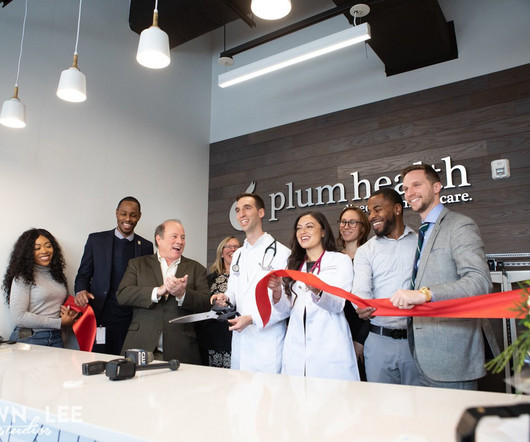Misconceptions of Employer Sponsored Direct Primary Care (DPC)
Plum Health
MAY 22, 2023
Misconception #1: DPC Adds Extra Costs to Existing Health Insurance The fact is, for employers operating self-funded programs, the DPC investment redirects claims costs. Easy access and relationship-driven care minimize long-term healthcare expenses and cut down on unnecessary urgent care and emergency room visits.












Let's personalize your content